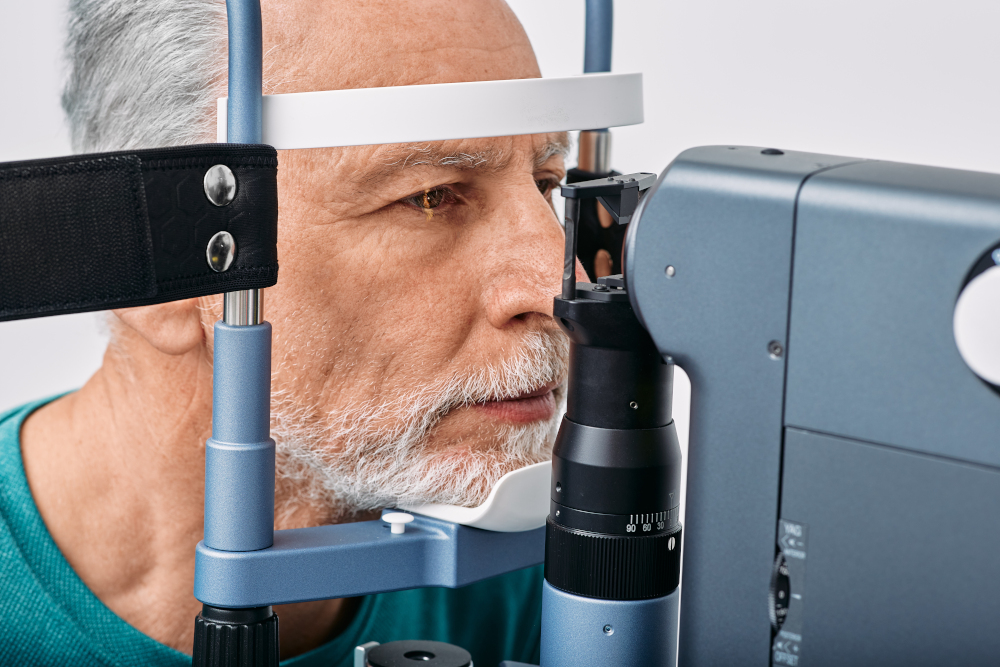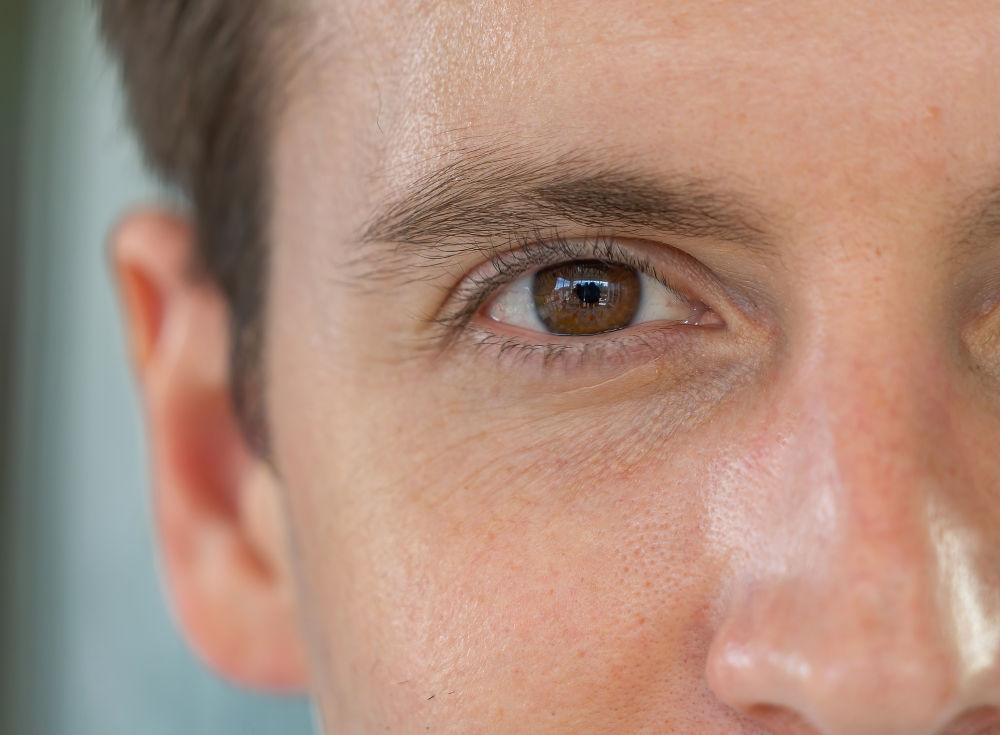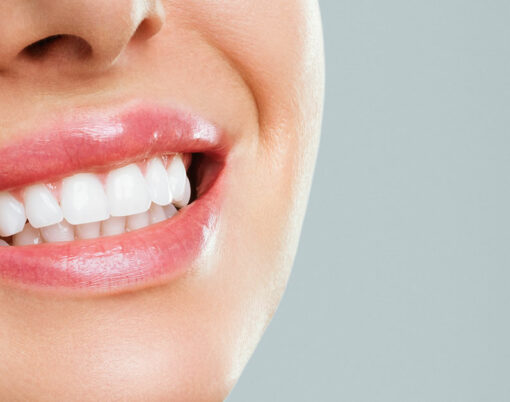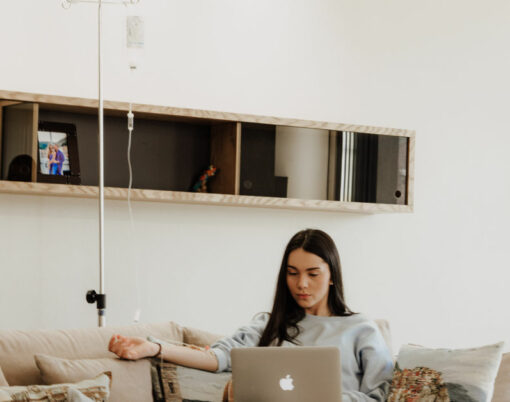As we age, taking care of our health becomes even more important – but while great emphasis is often placed on physical fitness and nutrition, eye health is one aspect of the overall picture that is often overlooked.
Vision can naturally deteriorate as you age, which can be upsetting – but by taking some proactive steps to ensure that you are looking after your eyes as best you can, you can slow the process down. Here, we take a look at the common vision changes men tend to experience as they get older, the conditions to be aware of, and the practical strategies you can implement now for maintaining optimal eye health.
The importance of eye health

When it comes to your vision, it’s often a case of ‘you don’t know what you’ve got ‘til it’s gone,’ and it’s only when yours becomes less than 20/20 that you’re likely to really appreciate its value.
Vision plays a crucial role in our daily lives, impacting everything from work and leisure activities to social interactions and independence. As you age, the risk of developing various eye conditions increases, which is why regular eye tests are key to detecting vision changes and issues early. This allows for intervention and treatment in a timely manner, addressing any conditions before they worsen and in many cases, minimising their impact. Many eye conditions, such as glaucoma, macular degeneration, and diabetic retinopathy, are asymptomatic in the early stages, so without keeping up a regular schedule of tests (every six months is ideal) they can easily be missed until they have progressed and become more serious.
Common vision changes and conditions

One of the most common age-related vision changes is presbyopia, which affects near vision, making it difficult to see objects up close. This condition typically becomes noticeable in the early to mid-40s and may require the use of reading glasses or bifocals to correct.
Cataracts are another age-related condition many people find themselves having to deal with, and are characterised by clouding of the eye’s natural lens. Symptoms may include blurry vision, glare, and difficulty seeing in low light – but the good news is that this particular condition can often be treated with surgery to remove the cloudy lens and replace it with an artificial lens implant and ultimately, restore vision.
Other age-related eye conditions that may arise include dry eye syndrome, retinal detachment, and age-related macular degeneration (AMD), a leading cause of vision loss in older adults.
What you can do to support your eye health

Regular screening to monitor your eyesight and detect any developing conditions is important, but it isn’t the only way to look after your eye health and there are lots of more proactive things you can do to minimise the deterioration of your eyesight in the first place.
Eat a healthy diet
Nutrition is key, and eating a diet rich in fruits, vegetables, and omega-3 fatty acids will both support eye health and reduce the risk of age-related eye conditions. Look out for orange-coloured foods like carrots, which contain beta carotene and can be particularly beneficial, as well as leafy greens, which are rich in lutein and zeaxanthin, which protect the macula – a part of the eye that is responsible for giving us our most detailed vision.
Wear your prescription
Many people prescribed glasses or contact lenses avoid wearing them, but this is the worst thing you can do as if you’re long or short-sighted then continuing to strain your eyes could see your vision deteriorate further. These days, there’s a huge variety of stylish reading glasses for men available to choose from, making it easy to find a pair that suits you.
Take regular screen breaks
If you work on a computer, or use one for long periods during your downtime, then taking regular screen breaks is vital to prevent eye fatigue, dryness and blurred vision. Try to take five to ten minutes off for each hour by going for a short walk or making a cup of tea. And yes, the same applies if you spend hours scrolling on your mobile phone, so be sure to put it down every so often to give your eyes a rest.






















